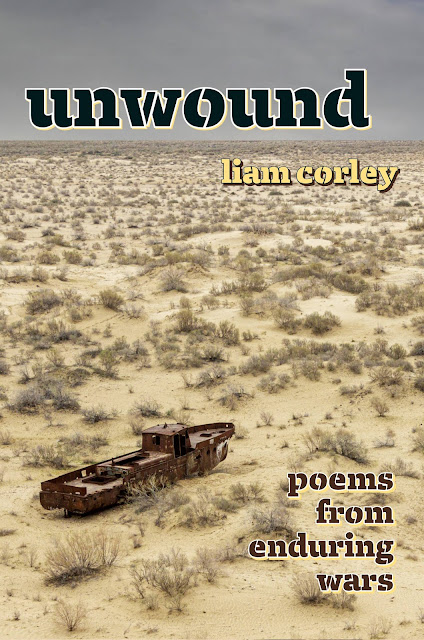Call for Abstracts: Craft Essays on Writing Mil-SF & Other Genres

Middle West Press LLC , an independent micro-publisher of military-themed and -adjacent literary projects, has issued a call for 300-word proposals regarding craft essays on the writing of Military-themed Science-Fiction and Other Genres. Editors there write: In 2019, we published "Why We Write: Craft Essays on Writing War," a 250-page anthology featuring tips, techniques, and insights from more than 60 established and emerging authors , each of whom tell stories involving military themes and topics . With this newly proposed project, we are aiming at similar targets, but viewed through a specific scope: how military-writers write and publish creative, genre, and speculative fiction. For the purposes of this project, "Military-themed Science-Fiction and Other Genres" can be defined to include , but be not limited to: MilSciFi and related/adjacent sub-genres such as Space Opera , Space Marines , Alien Invasion, Space Noir, Post-Apocalyptic, Galactic Empire , ...
